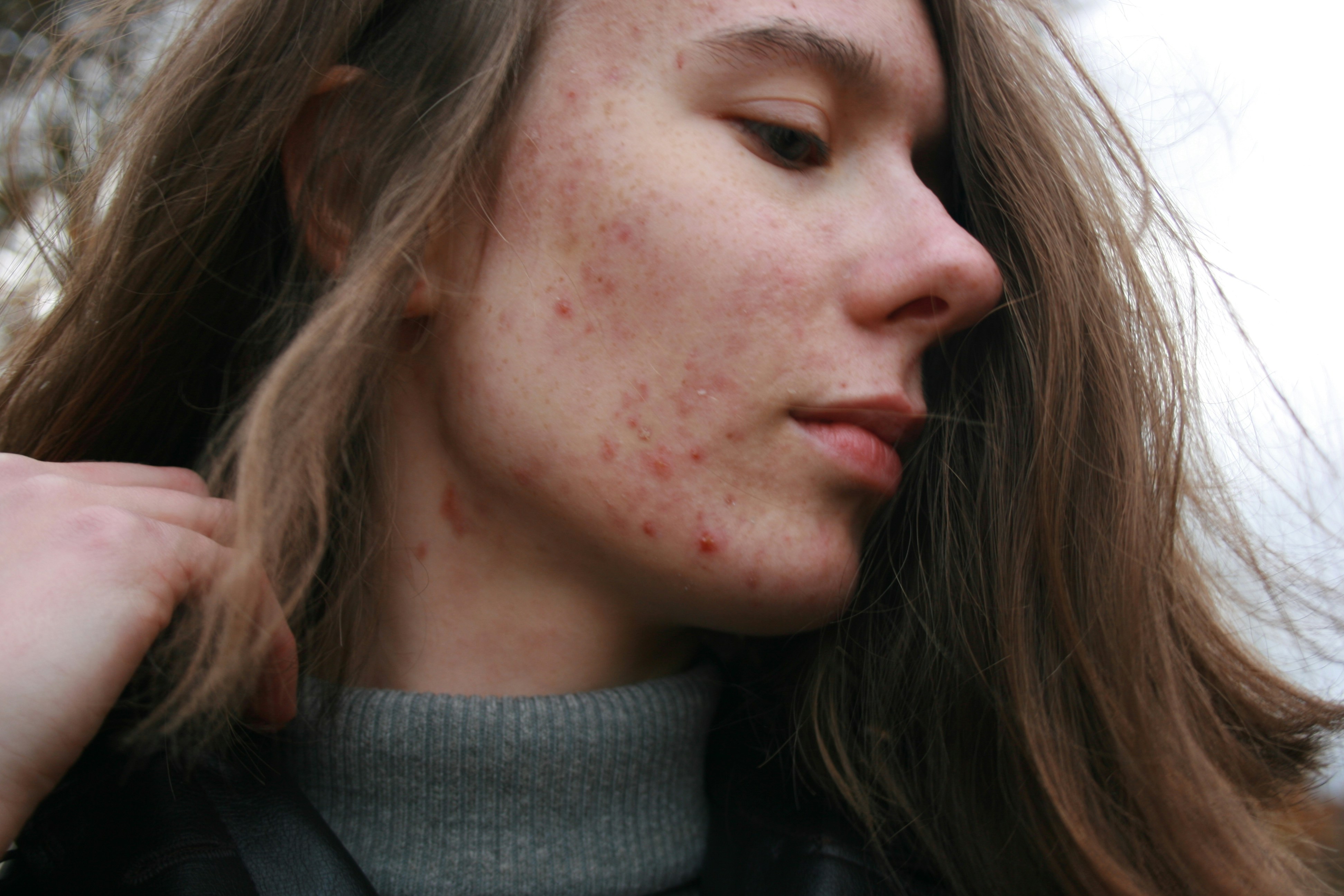Media release
From:
Can omega-3 fatty acid intake affect acne severity?
In a study in the Journal of Cosmetic Dermatology that included 60 individuals with mild to moderate acne, following the Mediterranean diet and taking omega-3 fatty acid supplements led to significant reductions in inflammatory and non-inflammatory skin lesions, as well as improved quality of life.
Notably, 98.3% of participants had omega-3 fatty acid deficits at the start of the study. Acne severity lessened significantly in those who reached target omega-3 fatty acid levels during the study.
“Lifestyle interventions, including dietary recommendations, should not be considered in opposition to prescription medications, but rather as a valuable adjunct to any modern acne treatment plan,” said corresponding author Anne Guertler, MD, of the Ludwig Maximilian University of Munich, in Germany. “Future studies should build on the foundation laid by our current findings in a randomized, placebo-controlled design to improve dietary recommendations for acne patients.”



 International
International



